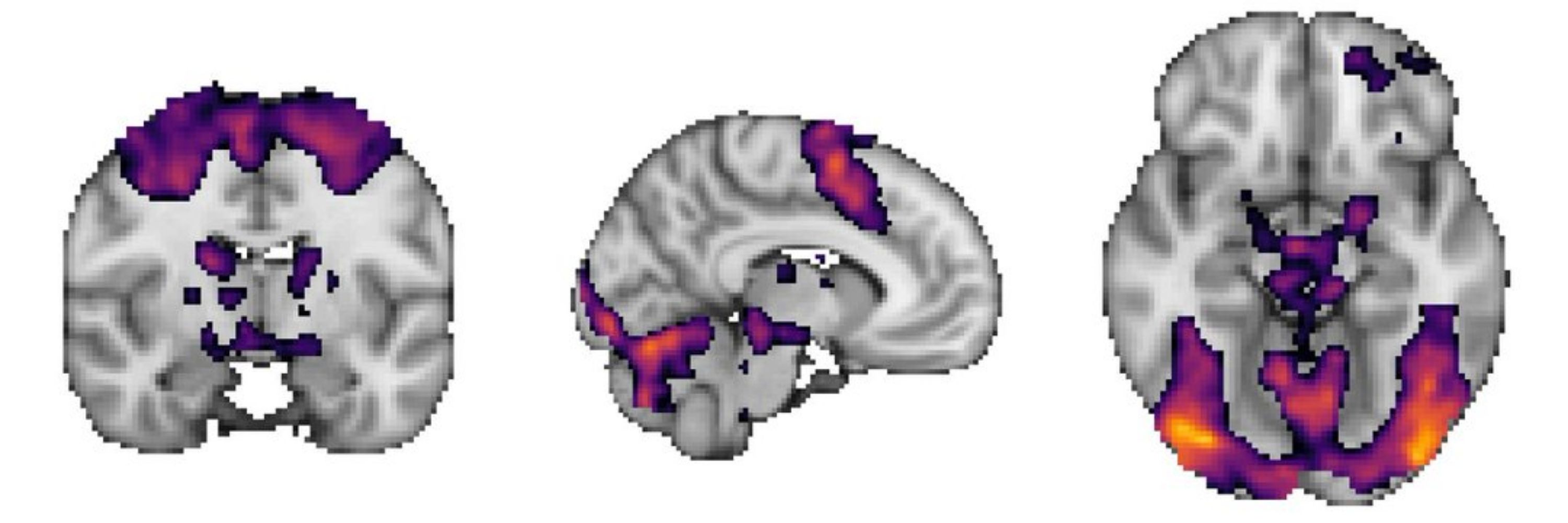
Placebo Effects | Affective and Anxiety Disorders
nathanhuneke.netlify.app


1. We should systematically record blinding integrity for patients and for clinician raters, and if it fails, why. This would allow us to explore the above question.
1. We should systematically record blinding integrity for patients and for clinician raters, and if it fails, why. This would allow us to explore the above question.


We finish with recommendations for the field. Here is a summary:
We finish with recommendations for the field. Here is a summary:




